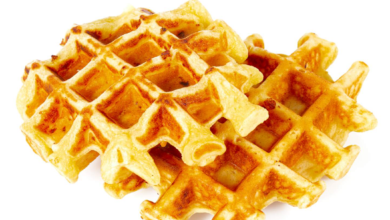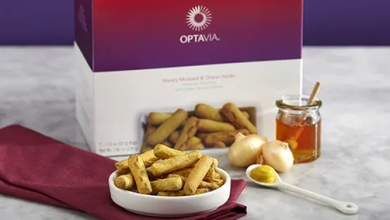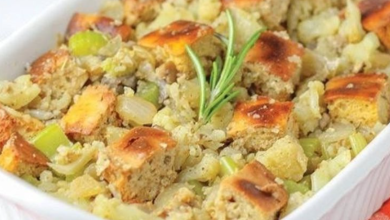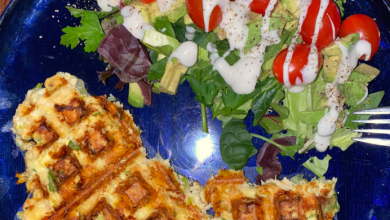Optavia Lean And Green Recipes
For anyone on the OPTAVIA 5&1 Plan, each recipe here is 100% on plan. Each OPTAVIA Lean and Green Recipe presented has been hand-picked from the web to help you save time, money, and effort to share your Optavia Recipes.
We’re trying to put up the most comprehensive and simple-to-use list of nutritious lean and green meals that is accessible at a single place. All of the lean and green recipes and meals have been evaluated by the OPTAVIA 5 & 1 plan.
The OPTAVIA lean and green recipes are an important component of maintaining your weight loss goals. The lean and green recipes OPTAVIA has developed, which are created by renowned chefs and nutritionists, guarantee that you’ll be getting a nutritious as well as delectable dish!
In addition, we’ve compiled a list of easy OPTAVIA fueling hacks for you to peruse. Almost all of them are fueling hacks OPTAVIA , so you know they’re on track!








